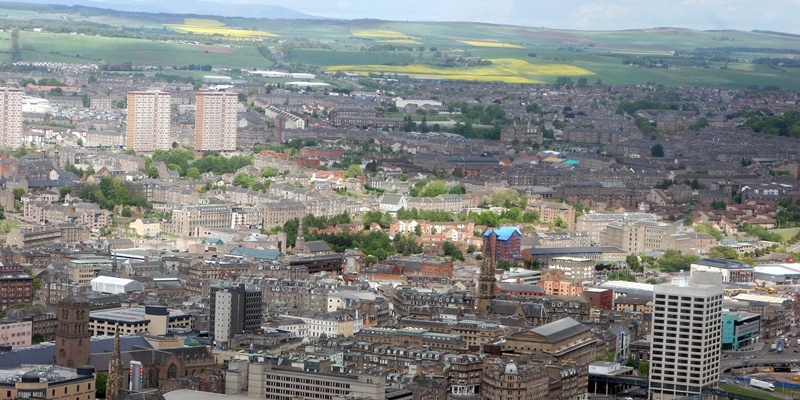Dundee’s dependence on public sector jobs could make it harder for the city to escape the clutches of the global economic downturn, a major new report claims.
The Cities Outlook 2012, published on Monday (PDF link), also says the city has one of the highest rates of youth unemployment in the country.
It states that as anticipated public sector job cuts take place in coming years, the private sector in Dundee is not strong enough to create new jobs to replace those that are lost.
The report, published by think-tank Centre for Cities, reveals that Dundee has one of the highest rates of youth unemployment anywhere in the UK. Some 7% of all 16 to 24-year-olds in Dundee were unemployed in 2010. This was higher than anywhere else in Scotland bar Glasgow, which had the same rate.
The report says there are only 44,000 jobs provided by the private sector in Dundee and 30,700 public sector jobs, a ration of 1.4 private sector jobs for every one public sector position. By comparison, Swindon has 4.6 private sector jobs (91,500 in total) for every one of its 20,000 public sector jobs.
Closer to home, Aberdeen has three private sector jobs (133,800) for every public sector job in the city (43,000).
However, Alan Mitchell, chief executive of Dundee and Angus Chamber of Commerce, said Dundee’s greater proportion of public sector jobs may actually help the city’s future economic development.
He said: ”Dundee can boast two world-class universities, which no other city our size can do. They are bringing huge added value to the city economically.”
He added: ”Moving forward then, clearly the development at the waterfront, positioning Dundee as a major location for the renewables sector, and setting up the V&A all have the potential over the years to bring vast private sector investment and jobs and change the make-up of the city’s economy.
”We’ve already seen some of that with confirmation of Malmaison coming to Dundee.”
Alexandra Jones, chief executive of Centre for Cities, said: ”Some cities have been hit particularly hard by recession and the gap between cities is widening. This makes it vital that government policy is tailored to meet the needs of each city rather than one-size-fits-all. What is right for Brighton and Reading will not be right for Dundee and Middlesbrough.”
The report also reveals that Dundee has the 10th highest level of skilled workers of any city in the UK. This was a category Scotland performed particularly well in Edinburgh and Aberdeen came third and fifth respectively while Glasgow was ranked just outside the top 10.
Councillor Ken Guild, leader of Dundee City Council, said: ”There have been a number of recent positive job announcements in Dundee. Employment opportunities with Tesco, Michelin, HSBC and M&S have all been created in Dundee along with the memorandum of understanding that heralds jobs in the renewables sector.
”It is encouraging to see that we are well placed to build on our growing knowledge economy with a large number of highly qualified people working in the city.”
Councillor Laurie Bidwell, Labour’s education spokesman on Dundee City Council, said: ”While the Cities Outlook Report 2012 makes it clear that Dundee is suffering in the current economic recession, there are two positive statistics in the report which shouldn’t be lost the qualifications of the population and recent population growth.
”Over one-third of the adult population has a university degree, higher degree, diploma or its equivalent, and over the past two years the city has achieved an encouraging increase in population of over 2,000.”
